Farmers demonstrate against government regulations across France
Convoys of French farmers have attacked foreign trucks transporting imported produce, blocked highways across France and dumped several trucks carrying foreign-grown vegetables as they pressured the government to protect them from cheap imports, rising costs and red tape.
The protest which was called last week in the southwest has escalated throughout the days, as on Thursday it edged closer to Paris, with farmers saying that the demonstrations would continue until their demands are not met, posing a challenge to newly appointed prime minister Gabriel Attal.
“We are getting progressively closer to Paris,” farmer David Lavenant said to broadcaster BFM-TV.
Vegetables shipments including tomatoes, cabbages and cauliflowers, which according to farmers were imported from neighboring countries were dumped and littered across the A7 highway, which links Marseille and Lyon, one of the biggest cities of the country.
A viral social media video clip showed farmers dumping truckloads of manure inside a branch of McDonald’s after the restaurant declined to distribute free solidarity coffee to a group of farmers, who were on their way to spread manure at a different spot.
McDonald’s has been criticized in the past by French farmers for sourcing imported meat rather than sourcing it from within France.
Farmers claim that they are facing pressure from multiple directions, trapped between the demands of supermarket purchasers and the food industry that is severely impacting their profits, as well as the environmental regulations concerning practices such as leaving land uncultivated and pesticide application.
"We're caught between rising costs and falling prices for our produce," said Dominique Kretz, a farmer among several hundred blocking the M35 motorway near the eastern city of Strasbourg.
Among the list of farmers’ grievances is also the government tax on tractor fuel, water storage issues, and price pressures from retailers.
President Emmanuel Macron's government is hoping for the demonstrations to calm down as they may repeat the massive 2018-19 "yellow vests" protests, which were also triggered by a rise in diesel prices.
The demonstrations come as the campaigning for the June EU parliamentary elections nears, where the farming sector is expected to be a debatable matter.
Far-right leader Marine Le Pen, an opponent of Macron whose National Rally party is polling strongly, blamed free-trade agreements, imports and bureaucracy for farmers’ economic woes.
“The worst enemies of farmers are to be found in this government,” she said Thursday.
Macron fears that the farming sector is a growing constituency for the far right, as his opponents are seizing on the farmers’ demonstrations to bash his government’s record ahead of EU polls.
"Emmanuel Macron addresses farmers with a hand on the shoulder and then knifes them in the back in Brussels," Le Pen told reporters.
On Wednesday evening, the influential FNSEA farming union presented the government with a comprehensive list of 100 requests, demanded "immediate answers on pay", urgent aid for "sectors worst hit by the crisis" and, in the long term, to put “an end to the overload of regulations".
According to FNSEA spokesman Yohann Barbe, the demands also revolved around "helping farmers regain their dignity, their ability to earn a living income, he told RMC radio.
In particular, French farmers want to be exempted from proposed EU rules reducing the use of pesticides or requiring farmers to set aside part of their arable land to foster biodiversity.
President Yoon Suk Yeol to be removed from office
At least 19 Gazans killed by Israeli airstrikes since dawn: Medics
Leader: Iran neither has nor needs proxy forces
US fighter aircraft shot down ‘in friendly fire’ amid aggression on Yemen
Yemeni FM: Israel’s sponsors accountable for ongoing aggression on Sana’a
Eight Palestinians killed as Israel attacks Gaza school, hospitals
VIDEO | Rome, Milan host new protests in solidarity with Palestinians
Dec. 21: ‘Axis of Resistance’ operations against Israeli occupation


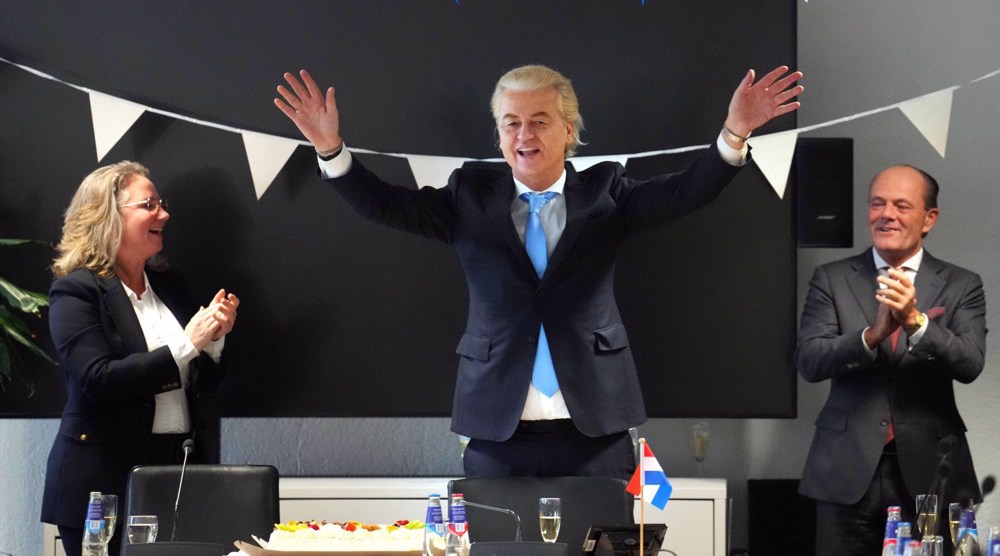


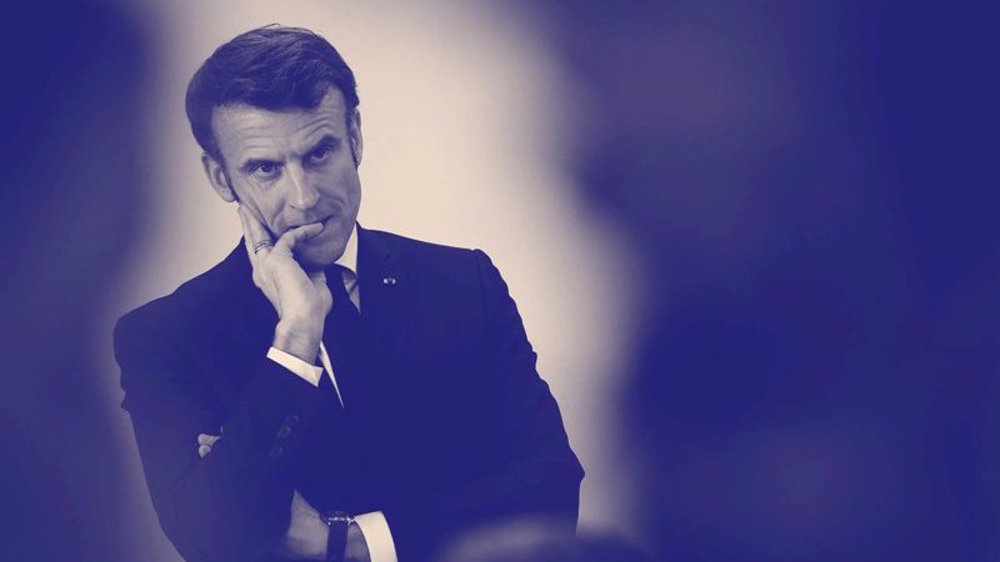



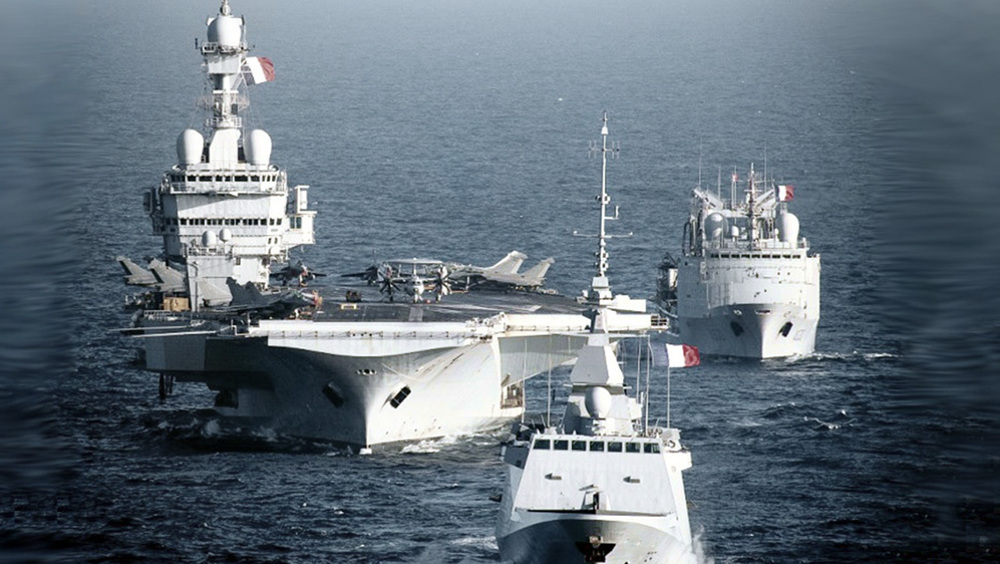
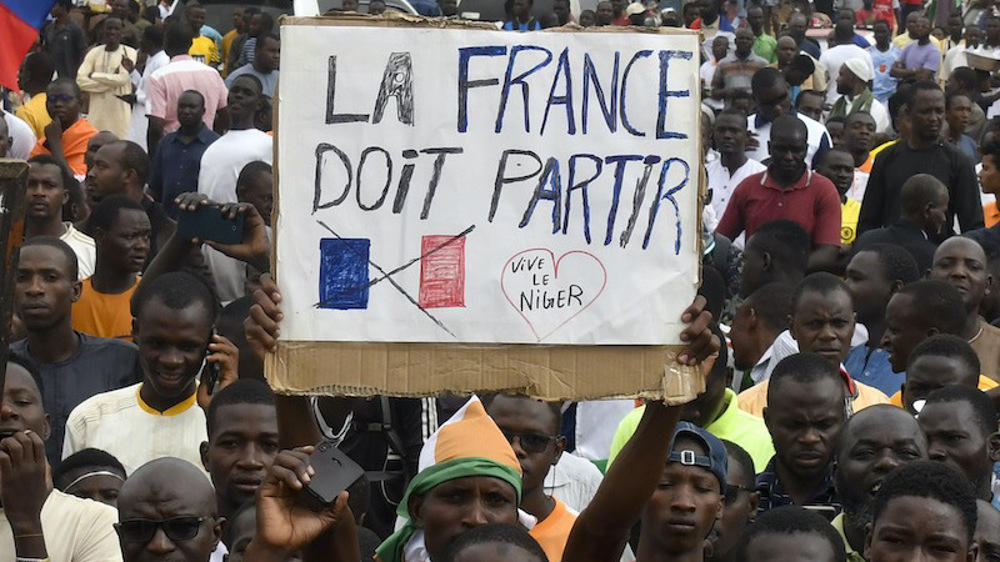
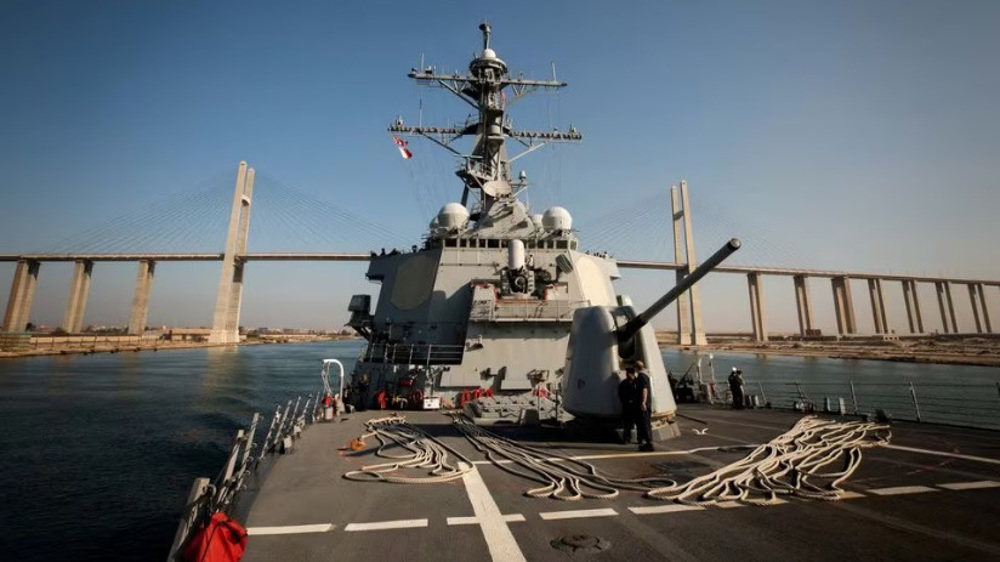
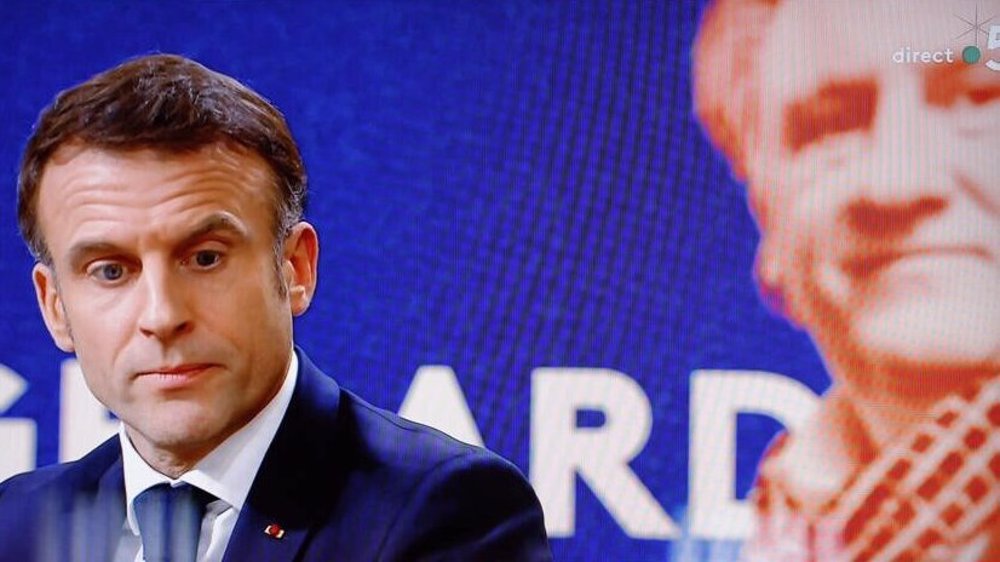
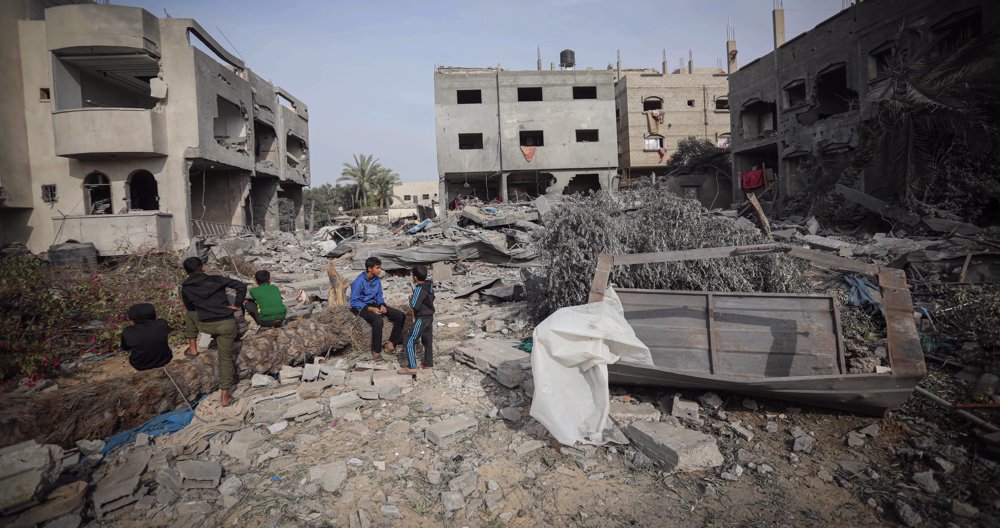
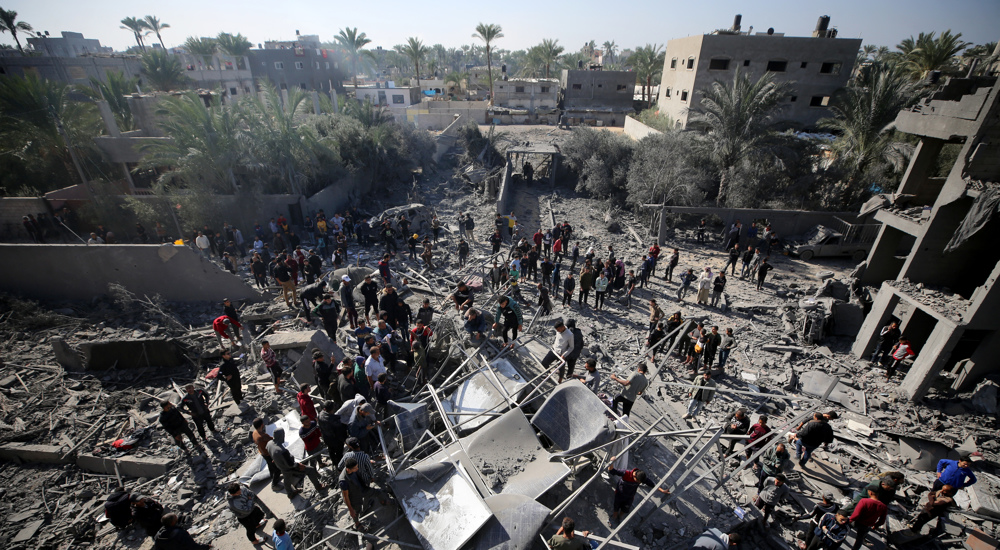
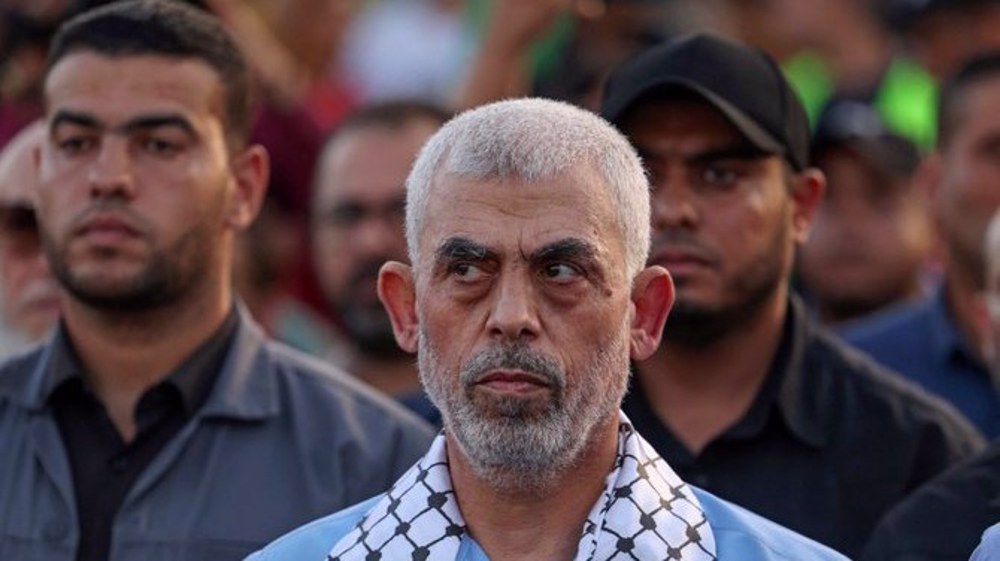
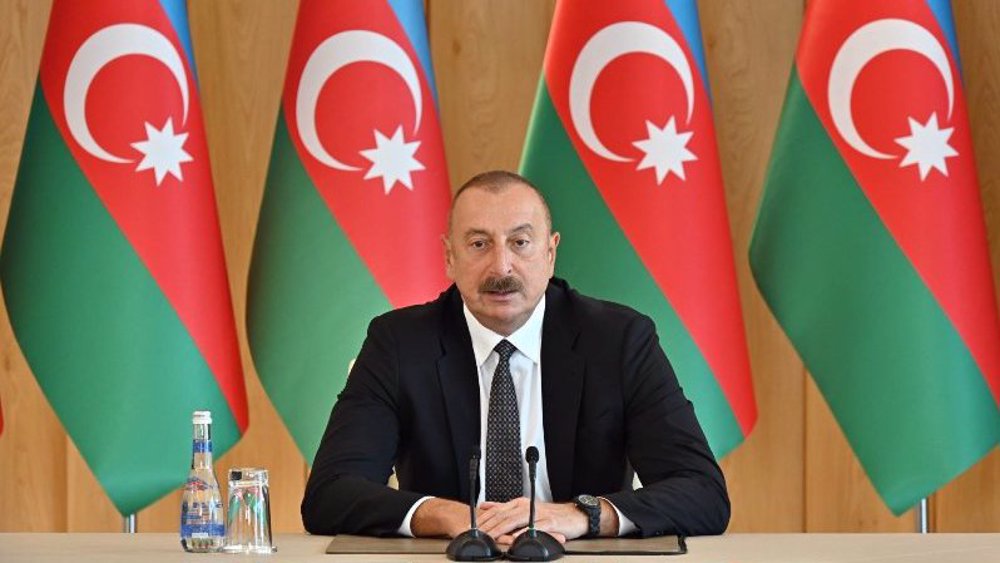
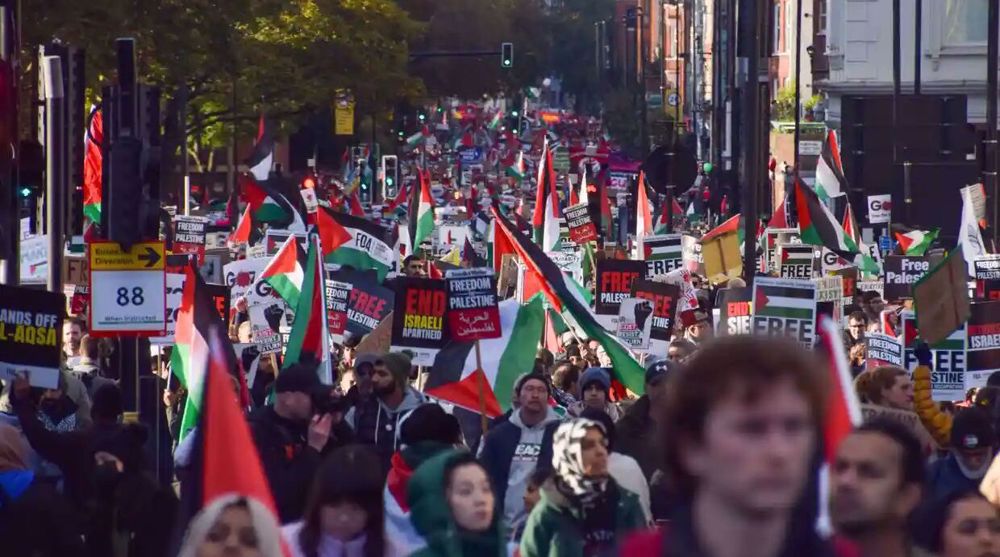

 This makes it easy to access the Press TV website
This makes it easy to access the Press TV website